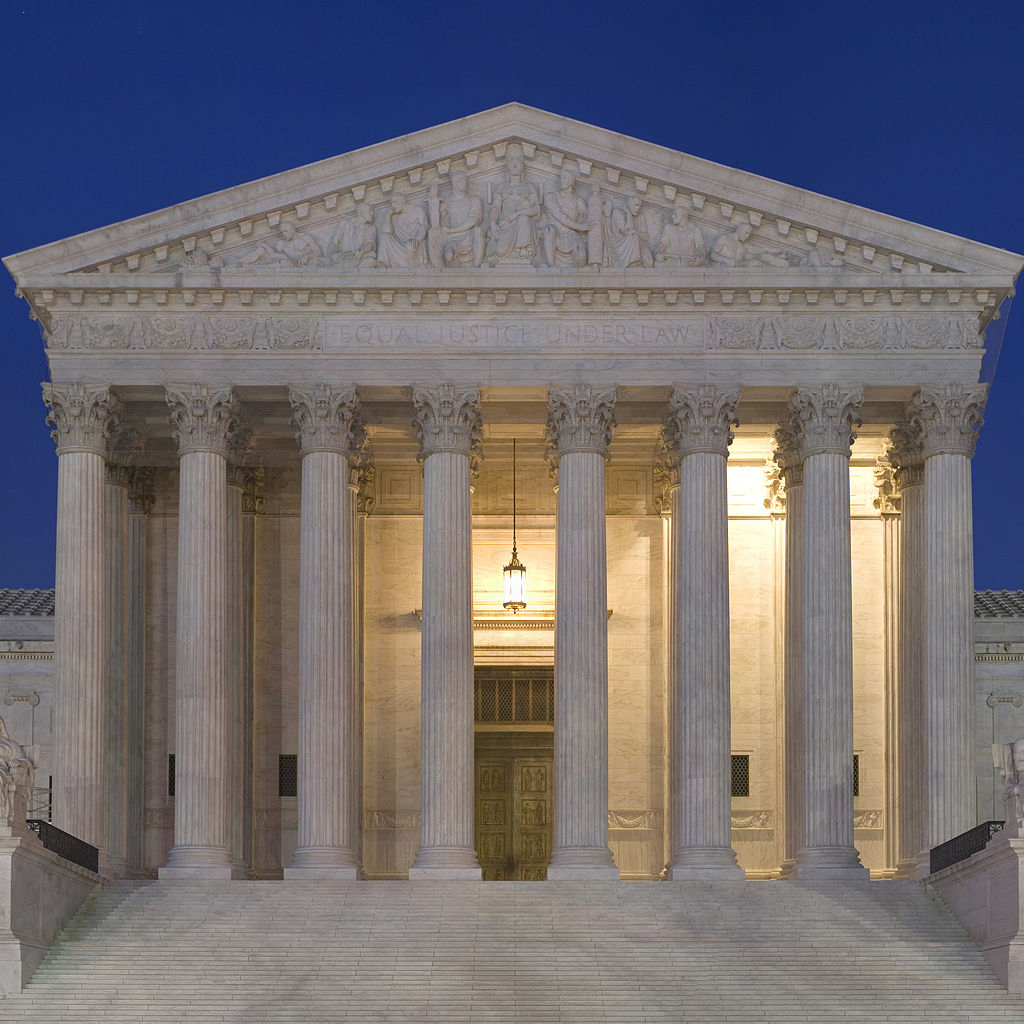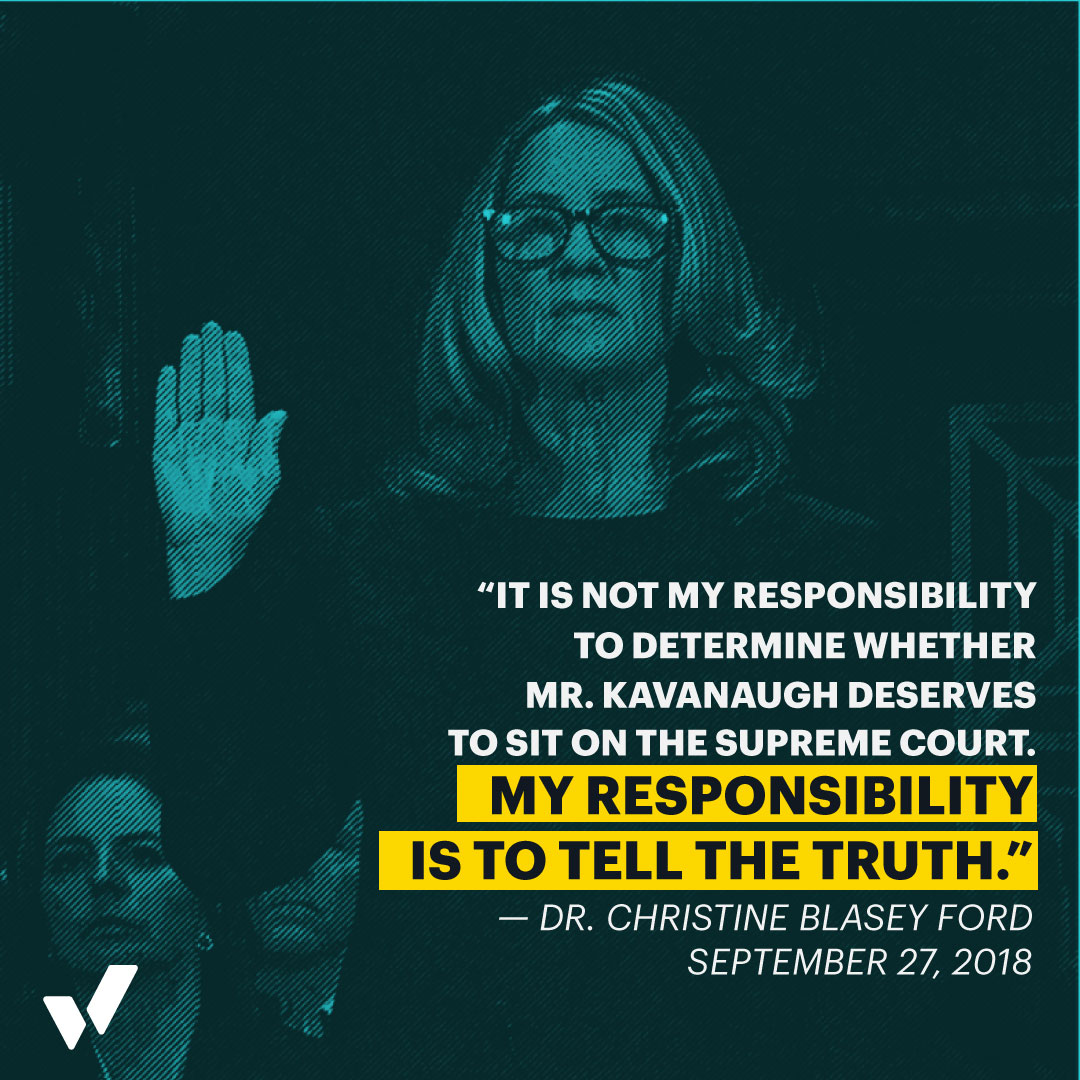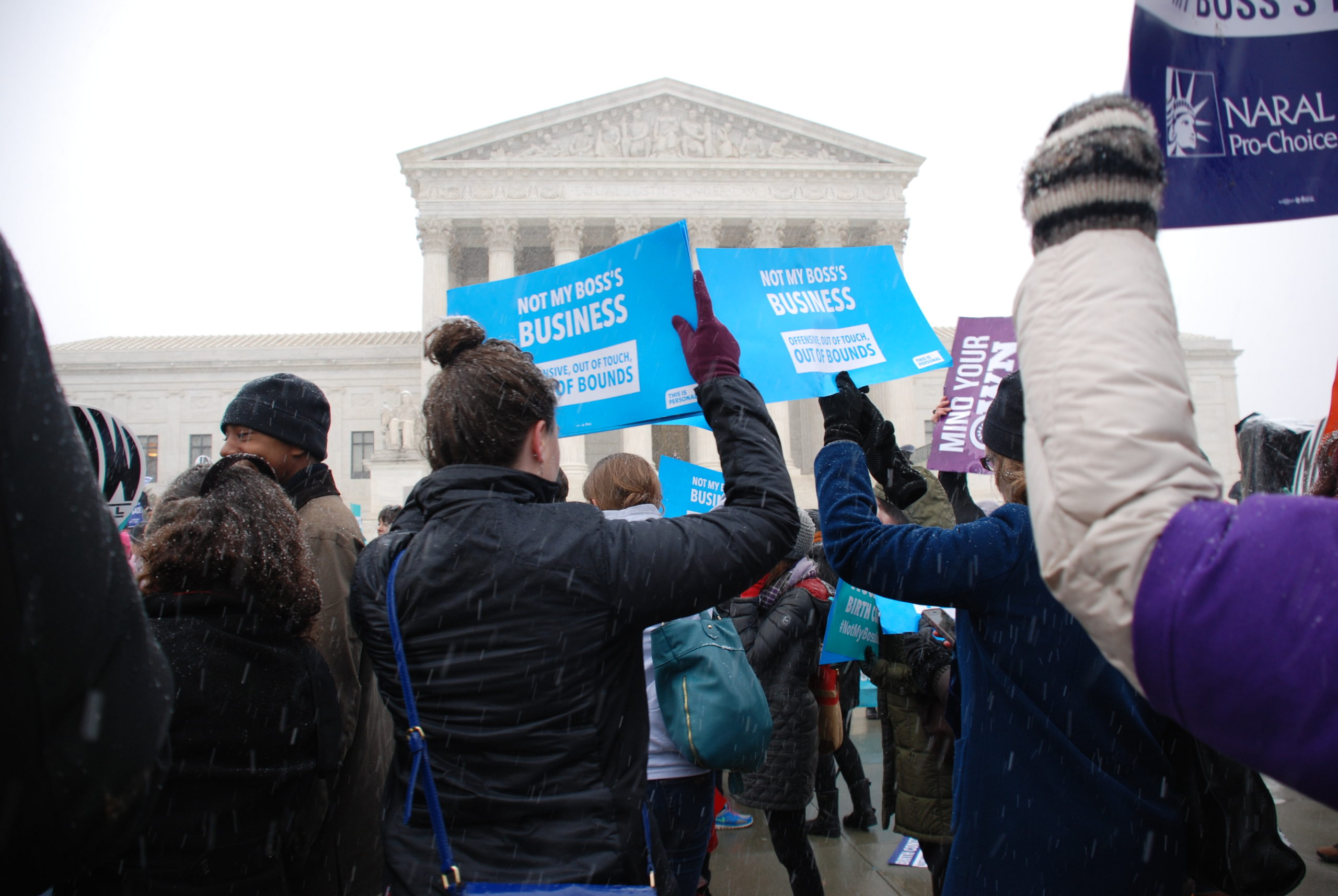Abortion rights, women of color, and LGBTQIA+ people are under attack. Pledge to join us in fighting for gender justice.
What’s At Stake for Women: Supreme Court
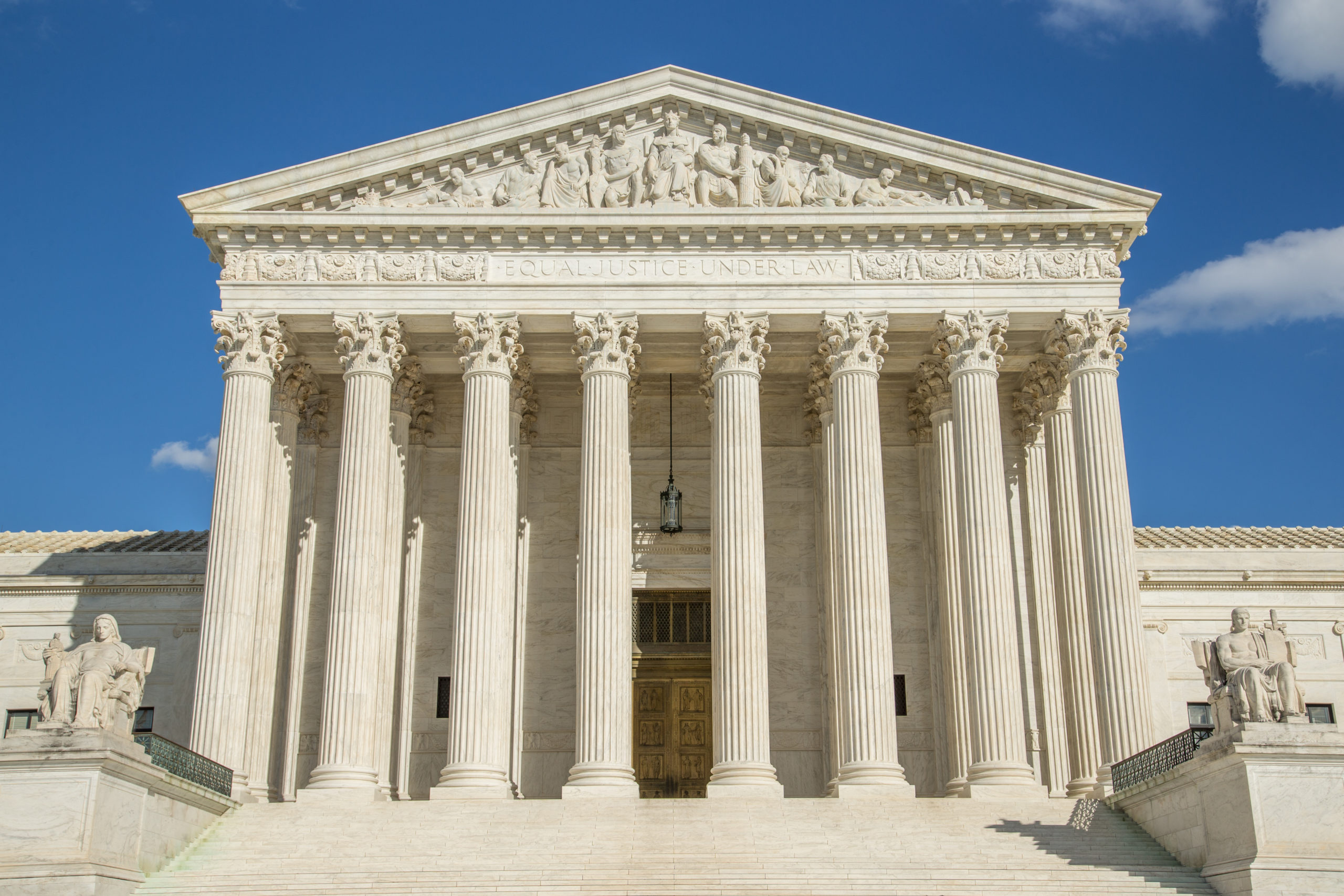
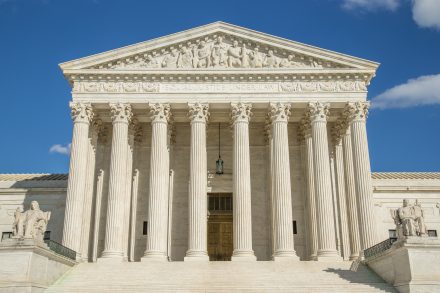 As the Senate Judiciary Committee prepares to consider the record of Judge Neil Gorsuch, what’s at stake for women in every Supreme Court nomination should be front and center. Federal courts decide legal rights and principles of critical importance to women, including the right to privacy, equal protection under the Fourteenth Amendment, antidiscrimination protections such as Title IX, protections for health and safety, and the ability to seek redress for violations of individual rights, and the Supreme Court is the final arbiter of those rights. Senators on the Judiciary Committee should be prepared to ask Judge Gorsuch about his views on:
As the Senate Judiciary Committee prepares to consider the record of Judge Neil Gorsuch, what’s at stake for women in every Supreme Court nomination should be front and center. Federal courts decide legal rights and principles of critical importance to women, including the right to privacy, equal protection under the Fourteenth Amendment, antidiscrimination protections such as Title IX, protections for health and safety, and the ability to seek redress for violations of individual rights, and the Supreme Court is the final arbiter of those rights. Senators on the Judiciary Committee should be prepared to ask Judge Gorsuch about his views on:
Right to Privacy: The constitutional right to privacy protects many aspects of Americans’ daily lives, including decisions involving whether to bear children, having consensual adult sexual relations, and even keeping medical records private.
Equal Protection: The Equal Protection Clause of the Fourteenth Amendment to the Constitution provides that “no state shall … deny to any person within its jurisdiction the equal protection of the laws.” Since 1973, the Supreme Court has held that laws or government policies that discriminate on the basis of sex cannot be upheld unless they can withstand heightened judicial scrutiny. This means that a law that discriminates on the basis of sex is only permissible if it is based on an exceedingly persuasive justification and is substantially related to an important state interest. The Supreme Court has also ruled that the Equal Protection Clause prohibits states from banning or refusing to recognize same-sex marriages.
Antidiscrimination Protections: Congress has passed a number of laws that protect against sex discrimination, including at work and at school. These include Title IX, the landmark law that bars sex discrimination in educational institutions and programs that receive federal funds, and Title VII of the Civil Rights Act of 1964, which prohibits employment discrimination on the basis of sex, race, national origin, or religion. Other laws protect against discrimination on the basis of age or disability in the workplace. The courts’ interpretation and enforcement of these laws have been critical in breaking down barriers for women and girls in many facets of life. And the Supreme Court has upheld affirmative action in our nation’s educational institutions and workplaces, principally under the Fourteenth Amendment to the Constitution and under Title VII. Affirmative action programs have played a key role in opening up opportunities for women and people of color in employment, education, and other arenas.
Health and Safety: Federal courts have repeatedly affirmed Congress’s power to pass laws under the Commerce Clause and the Fourteenth Amendment (and other constitutional provisions) to protect public health, safety, and welfare in a wide range of areas, including health care, family leave, clean air and water, and safe access to health care clinics.
The ability to enforce individual rights in court: An important federal civil rights law, Section 1983 (42 U.S.C. § 1983), provides individuals with the ability to enforce their federal rights – including constitutional rights – in court. This law allows individuals who believe that state and local governments violated their federally-protected rights to sue to protect their rights.
The Supreme Court’s interpretation of the Constitution and laws that affect the legal rights of women and girls influence us for generations. That’s why women need Justices who respect the core constitutional principles of liberty, equality, and justice for all.


